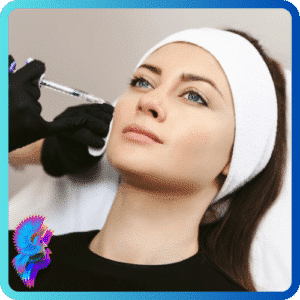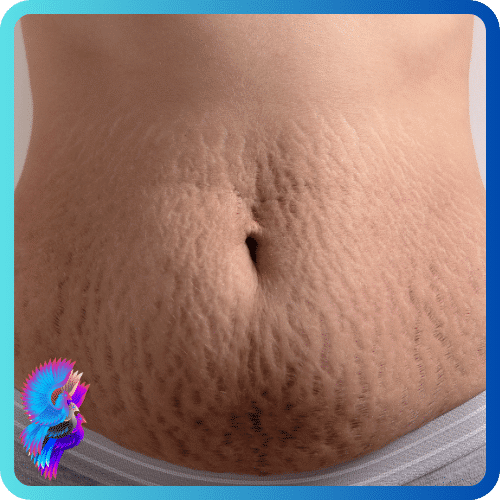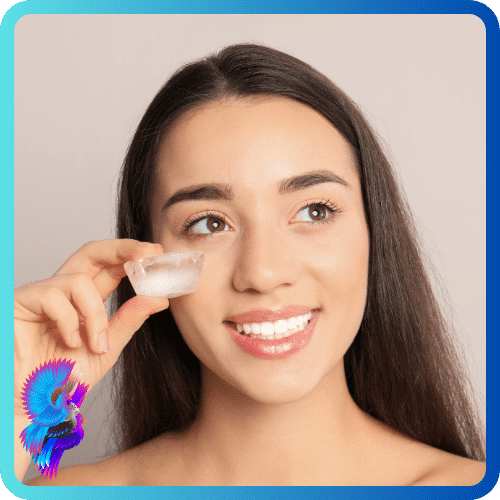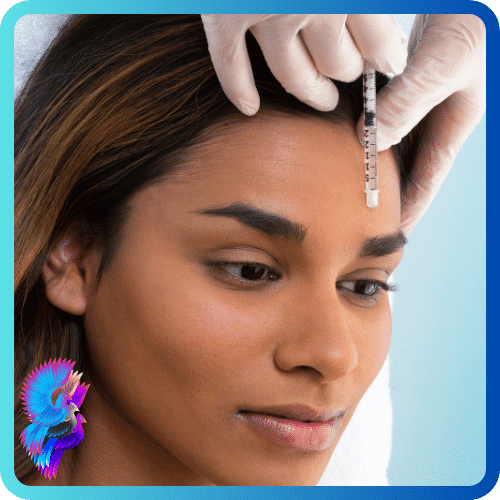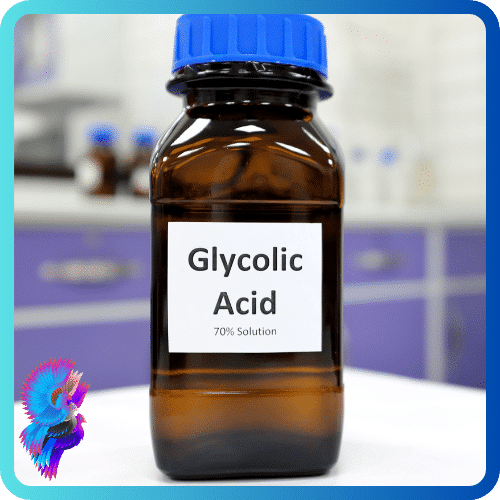Advertisements
If one assumes that the sole benefit of Botox is limited to the reduction of wrinkles and the augmentation of one’s physical appearance, it is imperative to reconsider this viewpoint.
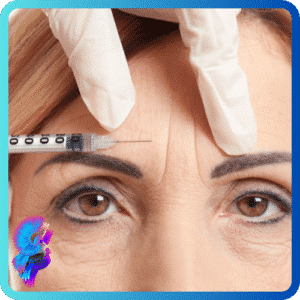
Emerging studies indicate that Botox may possess potential therapeutic benefits for depression, a prevalent and severe psychiatric disorder with a global impact on a substantial number of individuals.
Depression is typified by enduring emotions of melancholy and despair, accompanied by a diminished inclination towards engaging in previously enjoyable activities.
In addition, it has the potential to induce bodily manifestations, including but not limited to weariness, sleep disturbances, alterations in appetite, and persistent discomfort.
The presence of depression has the potential to disrupt an individual’s ability to carry out daily activities and adversely impact their overall well-being, while also heightening the likelihood of engaging in suicidal behaviors.
A variety of therapeutic interventions are accessible for the management of depression, including pharmacological interventions, psychotherapeutic approaches, and modifications to one’s lifestyle.
Nevertheless, it is important to acknowledge that not all individuals exhibit positive responses to these alternatives, as certain individuals may encounter adverse consequences or relapses.
Hence, scholars consistently seek novel and inventive approaches to address depression.
One of the unique ways that has been explored is the utilization of Botox injections. Botox, known as botulinum toxin A in the scientific community, is a neurotoxin that effectively inhibits the transmission of nerve signals to muscles, hence impeding their ability to contract.
Botox is extensively employed for aesthetic objectives, encompassing the mitigation of frown lines, crow’s feet, and other manifestations of the aging process.
In addition to its approval by the FDA, this medication has been authorized for the management of certain medical disorders, such as migraines, hyperhidrosis, urine incontinence, and muscular spasms.
However, what is the mechanism by which Botox can alleviate symptoms of depression?
The precise mechanism remains uncertain; nonetheless, a plausible explanation is rooted in the face feedback theory.
This hypothesis posits that there exists a reciprocal relationship between our facial expressions and our emotions, whereby our facial expressions have the ability to influence our emotional experiences, and conversely, our emotional states can also impact our facial expressions.
For instance, the act of smiling has been observed to elicit a corresponding increase in subjective feelings of happiness, while the act of frowning has been associated with a subsequent decrease in subjective feelings of sadness.
Botox injections have the potential to diminish the capacity for frowning by inducing paralysis in the muscles responsible for this facial expression.
This intervention has the potential to disrupt the reciprocal relationship between facial expressions and neural processes, thereby mitigating the severity of unpleasant affective states.
Put differently, individuals who are unable to exhibit a frowning facial expression may experience a diminished sense of depression.
An alternative hypothesis posits that the administration of Botox injections may exert an influence on brain chemistry and the corresponding neural processes associated with depression.
Botox has the potential to modulate the concentrations of neurotransmitters, such as serotonin and dopamine, which play a crucial role in the control of mood.
Botox has the potential to regulate the functioning of the amygdala, a cerebral area responsible for the processing of emotions such as fear, anxiety, wrath, and despair.
Numerous clinical trials have been conducted to examine the impact of Botox injections on symptoms associated with depression.
The preliminary findings have demonstrated considerable promise, indicating that the administration of Botox injections yields a substantial enhancement in depression scores when compared to both placebo injections and initial levels.
The duration of improvement can extend for many months subsequent to a singular session of injection.
Botox injections for the treatment of depression are commonly delivered in the frontal region, specifically targeting the corrugator and procerus muscles, which are associated with the facial expression of frowning.
The operation is expeditious and comparatively devoid of discomfort, exhibiting little adverse effects such as ecchymosis or edema.
The dosage of Botox used for the treatment of depression is significantly lower in comparison to the dosage employed for cosmetic applications.
The use of Botox injections as a treatment for depression has not yet received approval from the Food and Drug Administration (FDA) and remains limited in its availability.
Further investigation is required to substantiate the safety and effectiveness of this methodology, as well as to comprehend its mechanisms and identify the individuals who can derive advantages from it.
Nevertheless, Botox injections present a potential avenue of optimism for individuals grappling with depression, seeking an alternative or supplementary therapeutic approach.
Individuals who possess an inclination towards exploring the utilization of Botox injections as a treatment for depression are advised to engage in a discussion with their medical practitioner or mental health specialist regarding the prospective advantages and drawbacks associated with this intervention.
It is recommended that individuals adhere to their present treatment plan unless otherwise instructed by their healthcare provider.
Advertisements

